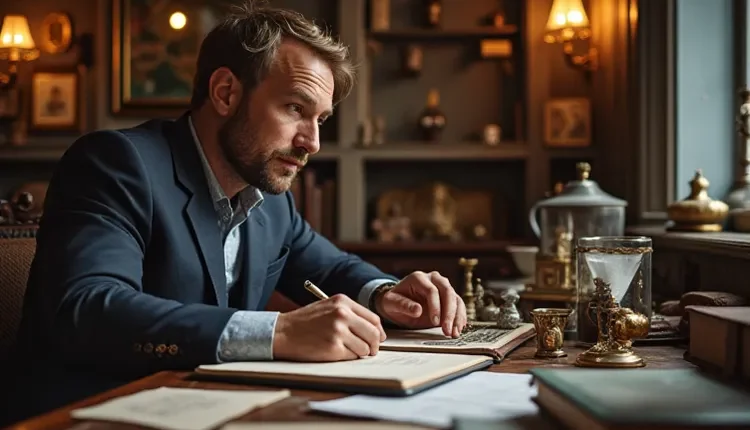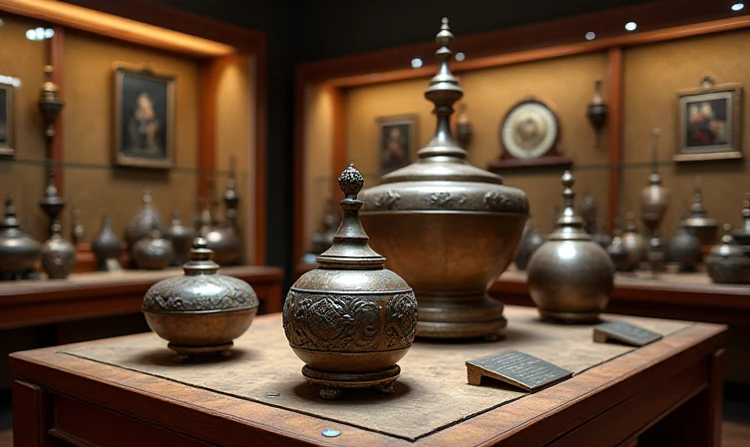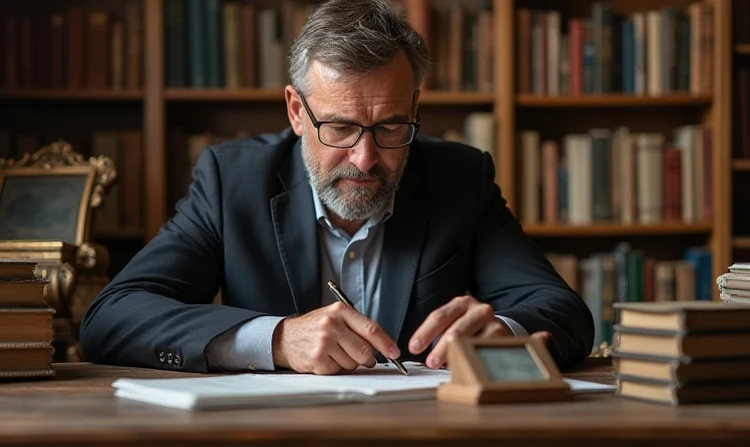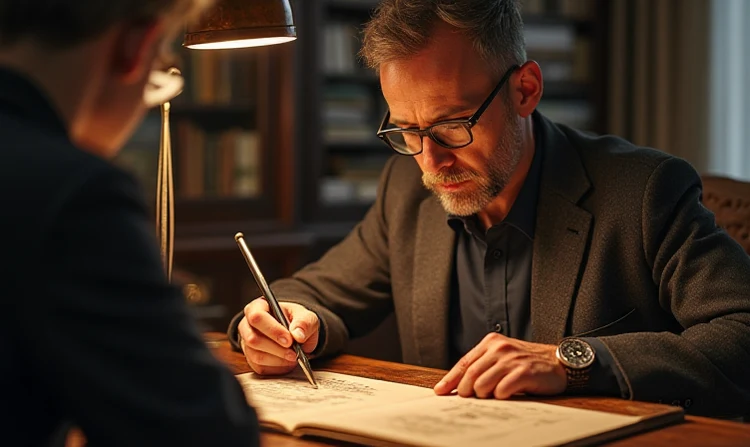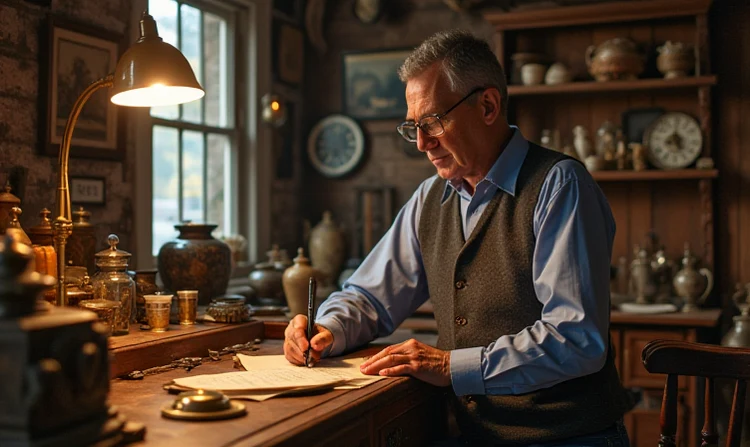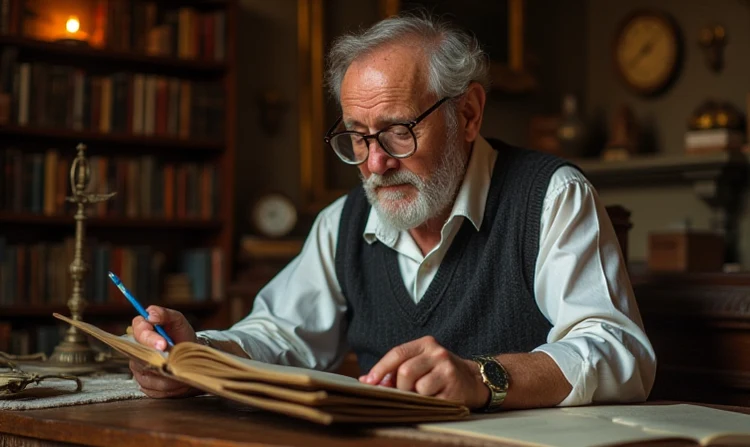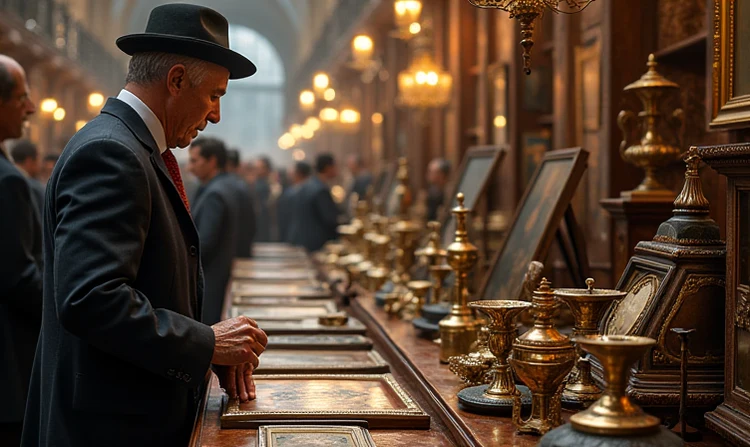🏺 Investing in Antiques: Risks and Opportunities 📜
Investing in antiques attracts many people with its uniqueness and potential for capital growth. However, like any type of investment, it is associated with certain risks and requires deep knowledge. In this article, we will consider the key aspects of investing in antiques, its opportunities and risks.
📜 Historical Value and Rarity
Uniqueness of Antiques
One of the main advantages of antiques is their uniqueness and historical significance. Items that have historical value or belonged to famous people are usually valued higher.
Rarity and Condition
The rarity and condition of an antique directly impacts its value. The better the condition and the rarer the item, the higher its potential value.
📈 Investment Potential
Long Term Investments
Antiques are often seen as a long-term investment. Their value can increase significantly over time, especially as the item becomes more rare and sought after.
Market Volatility
The antiques market can be volatile, and prices can fluctuate widely depending on fashion trends, economic conditions, and changing collector interests.
Portfolio Diversification
Investing in antiques can be part of a portfolio diversification strategy, helping to reduce overall investment risk.
🧐 Risks of Investing in Antiques
Authenticity and Counterfeits
One of the main risks is the possibility of purchasing counterfeit antiques. It is important to contact trusted experts and use the services of certified appraisers to confirm the authenticity of items.
Preservation and Care
The physical condition of antique items requires special attention and care. Damage, loss of parts, or deterioration in condition can significantly reduce the value of the item.
Liquid Actives
Antiques are not always easy to sell quickly and at a good price. The antique market can be limited and sometimes it takes a long time to find a suitable buyer.
🚀 Risk Minimization Strategies
Deep Knowledge and Research
Gain knowledge about the antiques market, the history of items, and the features of their preservation. The more you know, the less risk there is of making a mistake when buying.
Network of Reliable Contacts
Build a network of trusted dealers, auction houses, and experts. Recommendations from experienced collectors and professionals can be invaluable.
Antiques Insurance
Consider insuring your antiques. This can protect you from financial loss in the event of damage, theft, or other unforeseen circumstances.
📚 Education and Consulting
Continuous Learning
The antiques market is constantly changing, so it is important to stay up to date with the latest trends and changes. Attend specialized courses, seminars and master classes to improve your knowledge and skills.
Consultations with Experts
Don't hesitate to seek advice from experts and appraisers. A professional appraisal can provide valuable information about the value and authenticity of an item.
Reading Specialized Literature
Regularly reading books, magazines and online publications about antiques will help you expand your knowledge and better understand the market.
🌟 Opportunities for Growth and Development
Diversity of Collection
Diversifying your antique collection can open up new investment opportunities. Explore different categories of antiques, such as art, furniture, books, or coins.
Participation in Auctions
Participating in auctions not only allows you to purchase unique items, but also to better understand the dynamics of the antiques market. It is also a great opportunity to network with other collectors and dealers.
Cooperation with Galleries and Museums
Collaborating with galleries and museums can be helpful in increasing the visibility of your collection and strengthening your reputation as a collector and investor.
💎 Results and conclusions
A Balanced Approach to Investing
Investing in antiques requires a balanced approach, combining a passion for history and art with practical considerations of market value and asset fluidity. Understanding the risks and opportunities will help you make informed decisions.
The Role of Education and Networking
Education and ongoing learning are key to the success of your antiques investment. It is also important to build a network of contacts with other collectors, dealers and experts who can provide valuable knowledge and advice.
Conclusion
Investing in antiques can be both a fun hobby and a way to diversify your investment portfolio. With the right approach and sufficient knowledge, you can minimize risks and enjoy the process of collecting unique and valuable items.
